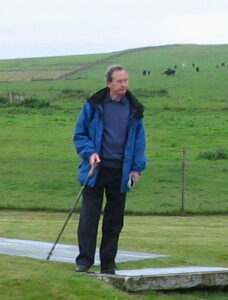One of the unwritten laws in addiction households is “Don’t trust!” Although I’ve known this for decades, I never previously considered either why they don’t trust and the ‘hidden trust hypocrisy’.
On considering the reason for not trusting, there are many. When it comes to addiction the why in this case is not as important as the how. When you don’t trust anyone, you have a built in excuse to drink or drug. In the case of sex or love addicts, an excuse for acting out. Some cheaters also used this excuse.
The ‘how’ concerns the way the payoff works.
When the world lets you down, you drink (or act out). When the world parties, you drink (or act out). When you are disappointed, you drink (or act out). Anytime there’s a breach of trust, you have an excuse to act out (cheat) or drink.
In a similar way, when the stress of being responsible which comes with being trust worthy happens, you drink. In some cases, it comforts you, in others it’s a form of self-sabotage. The payoff is the same. No matter win or lose, you drink or cheat.
Trusting people takes you out of your comfort zone and makes you vulnerable. It requires risk. In addicted homes, risk is a scary thing. In order to avoid risk, you just don’t trust.
The hypocrisy concerns the relationship with the drug of choice. You trust the drug, but you don’t trust people. You count on the drug to work when you use it. Although you don’t trust many people, you trust the drug, even when you don’t know where it came from.
With sex and love addicts, sex is their drug or choice. The high of an encounter is what does it for them. The more dangerous, the greater the thrill.
If the crazy making trust rules of addicted homes sounds familiar, you can change it. Developing a healthier view of trust is possible. Those old ways can be unlearned. You can also start growing a healthier form of trust.
It could be that your idea of what trust is and how it works were lessons you learned from an old drunk or drug addict. If that’s the case, you definitely need a better view of trust.
In the video, “How Can I Trust You Again?” you’ll gain a healthier view of trust. Rather than looking at it through the lens of a bottle, you can instead have a healthy view of what trust is and how to grow it in your marriage.
What you learned growing up may be leading you astray. Rather than continuing holding onto unhealthy ideas about trust which are damaging your marriage, you can have something that builds a healthier marriage.
Best Regards,
Jeff













